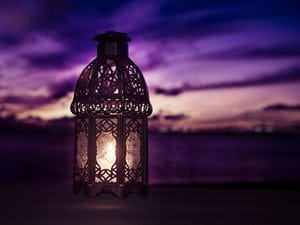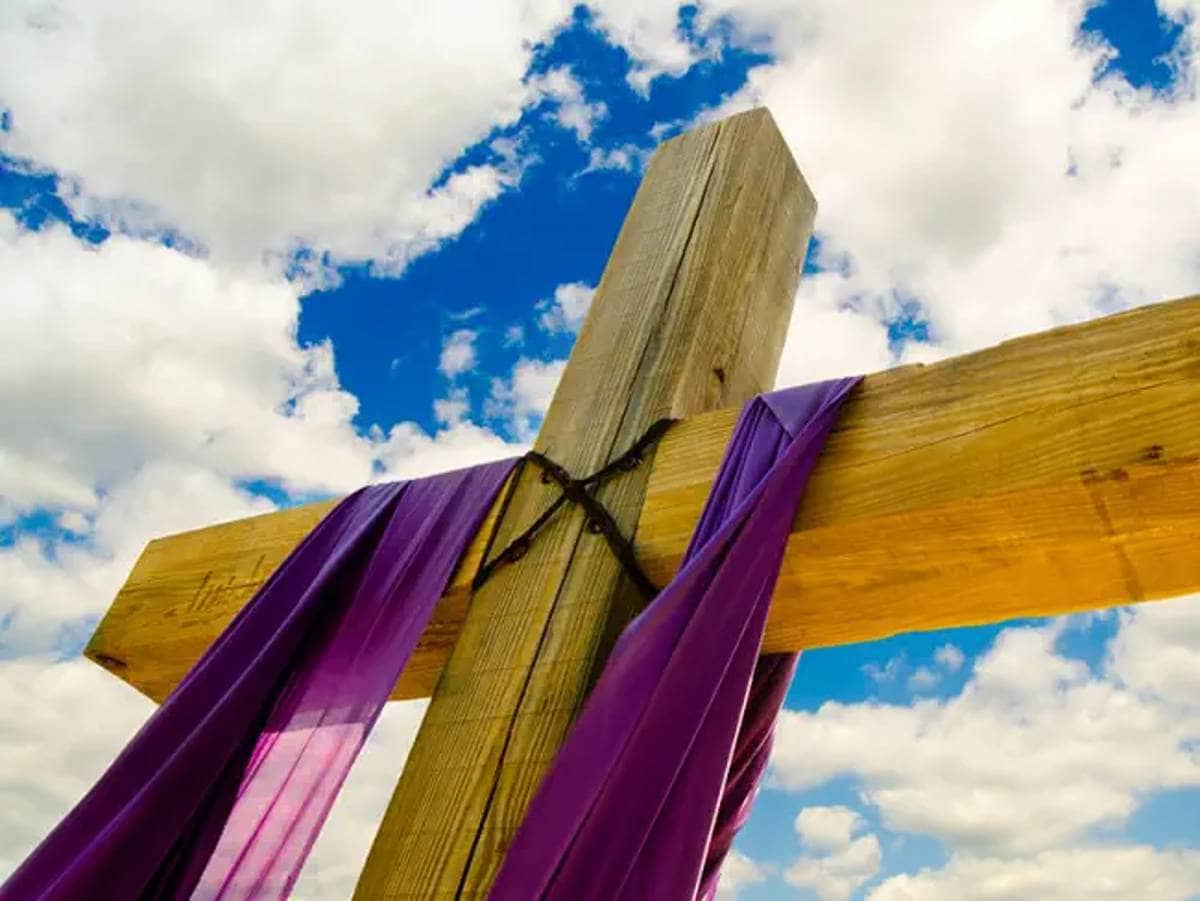
Muslims across the world celebrate Ramadan – which occurs in the ninth month of the Islamic calendar. Ramadan is deemed as one of the Five Pillars of Islam. The month lasts 29 – 30 days depending on the visual sightings of the crescent moon. Majority of society associates the celebration directly with fasting however, there are so many other rituals that go hand-in-hand with the observation.
The ultimate goal of Ramadan is to care, share and develop a closer relationship with Allah. Through prayer, reciting invocations, reading the Quran and donating to charity more often are all general practices.
Recitals are the most common ritual of Ramadan. During the observance, Muslims attempt to recite the entire Quran at least once during the month – if multiple recitals are possible then the goal is increased. Depending on the individual and their lifestyle, group recitals may take place with family and/or a group of friends. Even though the recitals can take days or the entire month, Muslims are dedicated and allot time to partake in this ritual.
Ramadan is also known for the element of fasting. Muslims fast from dawn until dusk. Instead of having the three regular meals of the day, an individual participating in the Ramadan celebration will only partake in two – suhour and iftar. Suhour is the meal that is eaten before sunrise and prior to Al Fajr prayer – also known as the prayer that takes place at dawn. It is the last meal before the fast begins. However, all fasts do come to an end. After sunset, iftar is the meal that ends the fast and is usually immediately after. Iftar is considered to be the larger meal of the day. Some Muslims associate the end of a fast by drinking water and eating dates. However, modern practices do not always implement dates and water with the process. Muslims participate in the fast when they turn 12-years-old.
The intention of fasting is known to Muslims as niyyah which translates to the word intention. Muslims try to achieve niyyah which correlates the definitive personal need for a Muslim to reaching a deeper connection with their religion and Allah.
The entirety of Ramadan promotes quality time with loved ones. Therefore, people often times come together for meals and mend quarrels that have occurred throughout the year. Whenever possible, during Ramadan, friends and family are usually together sharing a meal and it’s not unusual for multiple meals throughout Ramadan to be shared.
Another type of prayer that is considered a Ramadan ritual are Taraweeh prayers. These prayers are special evening prayers that are only conducted in Ramadan after the Isha prayer. During this practice, long portions of the Quran are recited. All of these praters vary in length. Even though these prayers are not considered mandatory, they are highly recommended by Prophet Mohammad. Most of the Taraweeh prayers are held in congregation within the mosques however, some large groups of family and friends do get together for the religious celebration.
An older tradition is the Ramadan cannon. Two cannon shots are fired – and these shots are considered as the official announcements for the beginning of Ramadan and the morning of Eid Al Fitr which is the festival of ending the month of fasting. During the beginning of Ramadan, Muslims keep the aspect of charity even closer to their hearts. Charity iftar meals are served throughout various locations. The idea is that these meals will be catered to those who otherwise wouldn’t be able to afford a meal. Most mosques also provide dates, water and sometimes juice to the congregation waiting to offer Al Maghreb prayers. Families are encouraged to donate food and drinks to mosques so that they can contribute to their congregation’s efforts.
Charity is further emphasized by the idea of giving more than the prior year. The Prophet Mohammad is known for saying, “Save yourself from hellfire by giving even half a date-fruit in charity.” During Ramadan there are an influx of donation boxes and booths around the communities. Clothes, books and non-perishable food are the top three items that are needed and at the top of donation received lists.
Not specifically in the United States, but restaurants in countries that are predominately Muslim oriented close during the daylight hours of Ramadan. Many restaurants serve konafa which is a cake made of wheat, sugar, honey, raisins and nuts. Another popular dessert option is a similar cake known as qatayef. This cake is smaller and is folded to encase the nuts and raisins.
All in all, there are a number of rituals that are recognized during the Ramadan holiday. Rituals range from fasting to charity however, no matter what element is carried out the idea behind serving Allah and achieving fulfillment through religion is the ultimate goal of the Ramadan observance.

